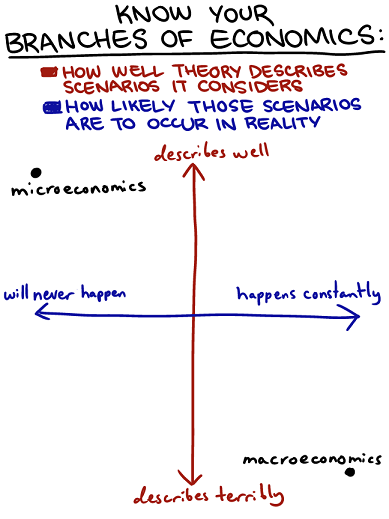I’m having a hard time getting past where the article tries to imply that giving poor people money is the same as giving it to their drug dealers.
As a transfer payment from educatees to educatees, you can’t see the problem with your response? It’s taxing equals to pay equals. There’s something biblical about that.
So if the little people aren’t allowed to benefit, why should the rich be let off the hook?
Huh? I’m taking issue with this:
While this might be good news for drug dealers – research shows a 14% increase in substance-abuse incidents the day after the annual payout
I mean, sure, I believe the statistic… but “addicts buy their drugs soon after they get money” isn’t exactly a groundbreaking scientific discovery. There are probably similar spikes around the first and fifteenth of each month, because that’s when monthly welfare payments tend to happen.
I understand that this change is devastating to the University of Alaska, and, if they wanted to increase the dividend, there were any number of better places to take the funds from. It’s inexcusable.
But there was no call to invoke the “don’t give money to the poor; they’ll only blow it on drugs” trope that always comes up when people talk about expanding welfare, or creating a UBI, or any other socialist program.
Exactly. I’m sure there are similar spikes after payday for those addicts who have jobs.
There are almost certainly also spikes in bills being paid, grocery shopping, dentist appointments, and other things that people couldn’t afford before they got the money. Focusing on just one specific thing was clearly just a jab intended to be an insult to people who oppose the cuts.
Charles Mudede is my new favorite econ journo.
No news of molestation so far, just a guy after a margin in all the worst ways.
Dream the impossible … industry-wide investment scam.
Where the hell is my shocked-not-shocked.gif ???
In every case, the costs fall on the vulnerable: people who depend on full employment to get ahead; blue-collar production workers and communities built around factories; families who suffer from austerity-induced weak recoveries and under-funded safety nets, and who depend on a living wage to make ends meet.
Were these real economic theories by thoughtful academics, or mere rationalizations of policies that put more money in the pockets of corporations and the super rich? I’ve always wondered.
But labeled as
To keep people from asking too many questions, or demanding to be treated with basic human decency.
At least, that’s what it looks like to me.
I think there’s enough disagreement among economists for the rich to pick and choose which ones to listen to.
Well, that, and that most economists only look at subsets. If they’re wrong, it’s because their model wasn’t big enough, or because with enough drill-downs, they’re right in a limited capacity.
The book Doughnut Economics has a great section on the history of economics and basically argues economists have been largely measuring the wrong things.
Measuring the wrong things is often (always?) what social scientists get wrong, in hindsight.
In truth, though, there are economists doing good work. A lot of sciences had an early period where various nonsense seemed sensible before they learned to sift through it. My guess is that economics is no different – except that bankers created a fake Nobel prize to lend credence to the profitable nonsense, and their shills have pushed it as the good stuff ever since, so that it doesn’t go away.
"Mankiw’s ten principles of economics can be separated into the first seven, which are about microeconomics, and the last three, which are about macroeconomics, the difference of course being that microeconomists are people who are wrong about specific things, and macroeconomists are wrong about things in general. The macroeconomic principles all have the same translation, namely ‘blah blah blah;’ as proof, I should only remind you that macroeconomists have successfully predicted nine out of the last five recessions. "
Economics and anthropology have opposite problems.
Economics has been quick to adopt a paradigm (Adam Smith’s), and has incrementally updated it (subjectivism, Keynesianism, etc.), without really challenging it.
Anthropology has considered certain paradigms (Louis Henry Morgan’s one-track cultural evolutionism, functionalism, structuralism, cultural materialism, and so on) but never adopted any.
P.S. Okay, there’s a rough paradigm that people are basically similar, and that cultural institutions tend to make sense in one context, and tend to break down in other contexts. That’s definitely at odds with beliefs in national character/temperament, and with beliefs that oone’s own institutions are best in every context and those foreigners’ institutions are at best weird.
There are economic ideas that both last and hold up, where free markets (defined from the beginning as a market of many on a relatively equal legal footing, as opposed to mercantile oligarchies and feudal monopolies) made up of diverse representatives of peoples (Mill, others), make decisions about material and cultural value in democratic terms.
These ideas are constantly suppressed but they’re so fundamental to how the world works, human society will never be able to give them up. The coopted stuff that turned into the worst of liberalism, collective authoritarianism, and racist exterminationism, that stuff gets the most funding but it’s usable only in essentially criminal situations.
